Bilingualism and multi-culturalism are woven into the fabric of Pao School through its mixed faulty, diverse student body and mix of languages. One of the school’s core missions is to pass on traditions of Chinese culture and to foster an international perspective. However, this is not only applicable to the student body. Both the Chinese and international staff members of the school learn from one another and the students, with many of the foreign faculty working hard at developing their Chinese language skills.
Language and cultural understanding are more than a matter of interest, Chinese language skills are considered an aspect of personal development for foreign staff members. The school offers various opportunities for the faculty to develop their Mandarin. For those who are interested, Chinese language lessons are included as part of the professional development offerings. At the High School, the students have created the Apostrophe Club, to support teachers’ language development. The staff also learn from another through working closely together and structured activities – for example, the Student Affairs Office meets once a week, alternating between English and Chinese, for activities such as discussions, sharing popular media and socialising.
The school also invites staff to join regular cultural activities, allowing them to gain a deep appreciation for traditional activities and to visit cultural landmarks. The programme is particularly active on Songjiang Campus during the weekends, as the staff predominately live on-campus with one another, closely sharing both their cultures and languages. Over the past semester, staff experienced activities such as mooncake making, Chinese pottery making, paper cutting and visited the Shanghai City History Museum.
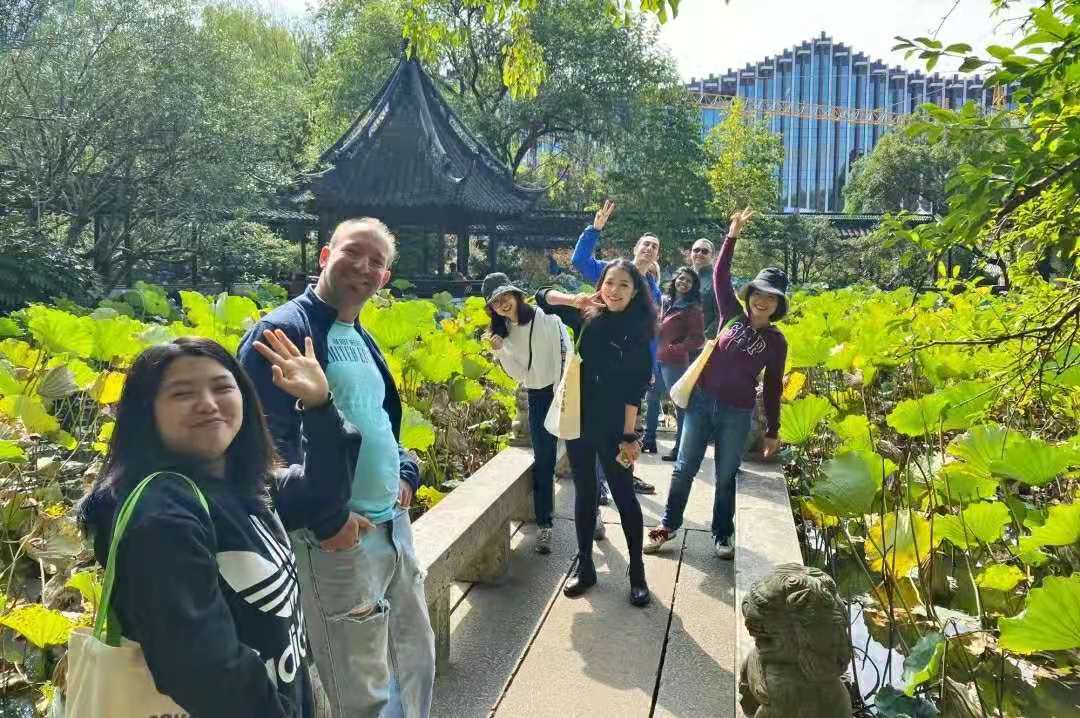
Recently, a number of foreign teachers shared their experiences of learning Chinese language and culture. They spoke about their interest in Chinese history, culture and food. Many of the staff members are avid travellers, who relish the chance to see the different shades of China – especially as many of the cities have long and interesting histories. Jessica Cohen, English teacher at the High School, states that she most enjoyed travelling to Xi’an, “It was just incredible to see this old historical capital city, that has had so much of impact upon the world.”
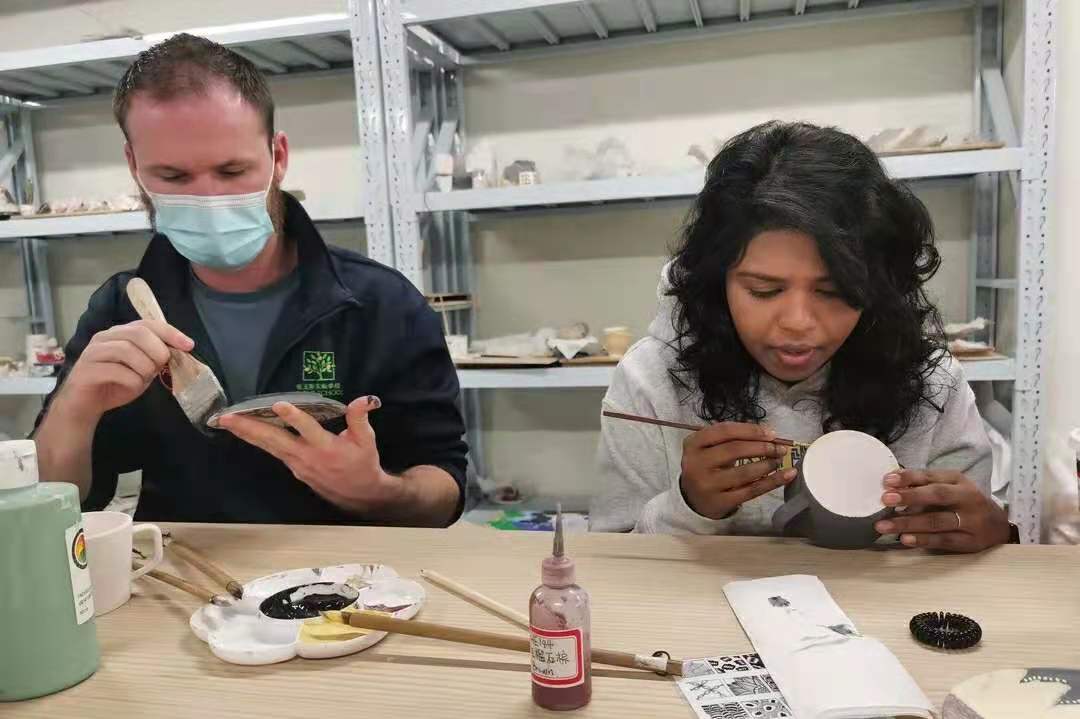
William Stanton, teacher at the Primary School, agrees, saying that there are so many places he wants to travel to due to the size of the country. He also explains that he has found Chinese people to be ‘so warm and lively’. This is also reflected in the words of Steven Varty, science teacher at the High School, who feels that the students of the school are surprisingly passionate and unique.
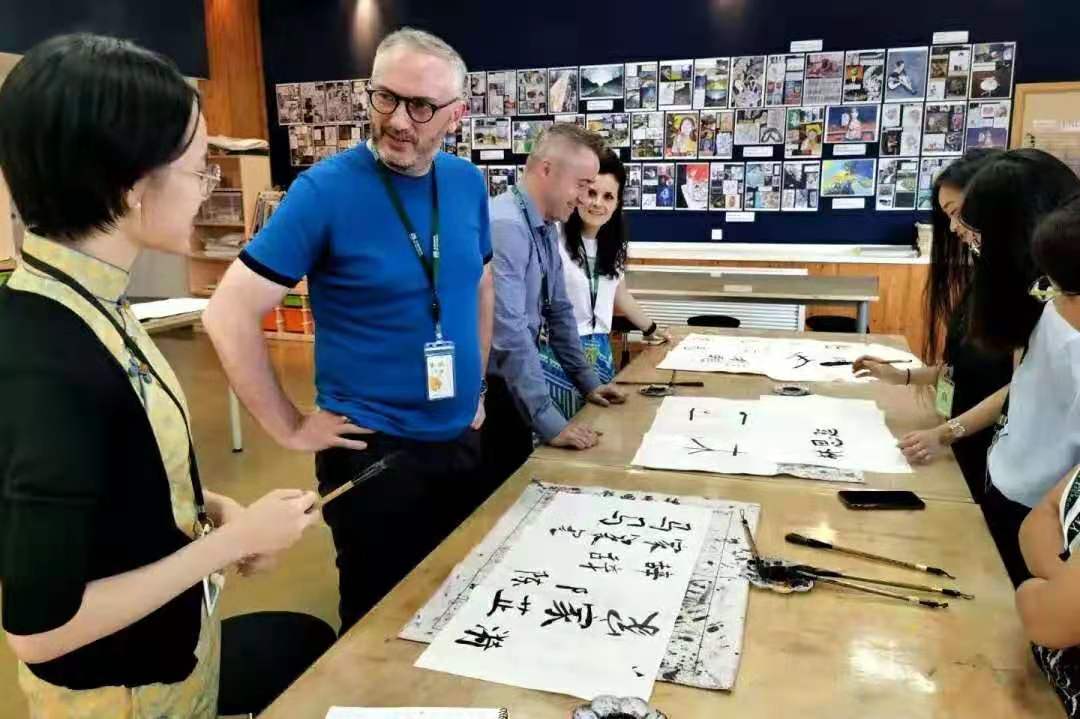
Marshall Annis, science teacher at the Middle School, has been in China for 11 years. When he first came to China, he lived in Mian Yang in Sichuan, which he states gave him the perfect opportunity to develop his Chinese speaking due to its small foreign population. Unlike Marshall, Mark Cheong, Head of Seven Day Boarding at Songjiang, has been at Pao School for his two years in China. He started learning Chinese just a few months ago to honour his Chinese heritage from his great grandfather’s side, who was from Funshun, Liaoning Province. Mark highlights that during his time at the school he has been impressed by how supportive the YK Pao School environment has been and that ‘everyone at the school has a kind heart’.
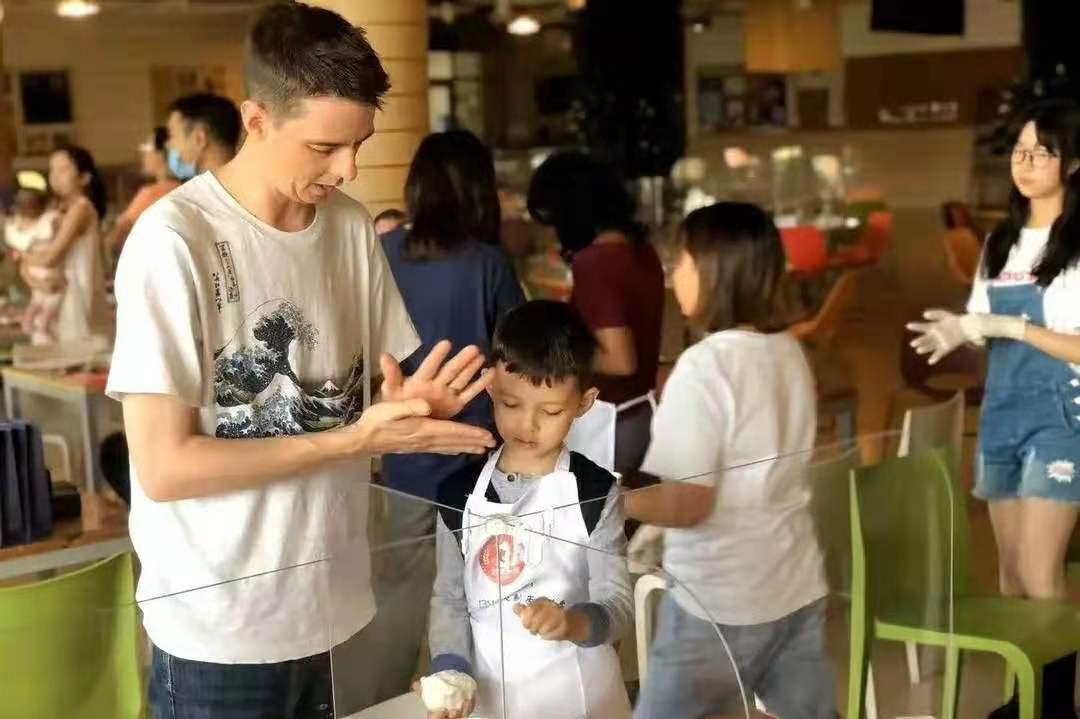
This kind heart is demonstrated at the High School, where the students have created the Apostrophe Club, to support teachers’ language development. Duncan Weller, Dean of Student Life at High School, who started at Pao School in 2010, is a founding member of the faculty at Songjiang. He explains that the teachers Lily and Jenny from the club have been helping him develop his Chinese. He is learning to keep up with his wife, who is Chinese, and son, who speaks much better Chinese than himself.
Reflecting his tenure of over 10 years at Pao School, Duncan is very positive about embracing cultural differences, explaining, “Once you discover some sort of cultural difference, it is actually quite easy to work with that and quite easy to learn from it. The thing is if you don’t know that difference is there, it is quite difficult to identify the differences, suddenly you can find yourself in a situation wondering why are they doing that, why are they saying that?
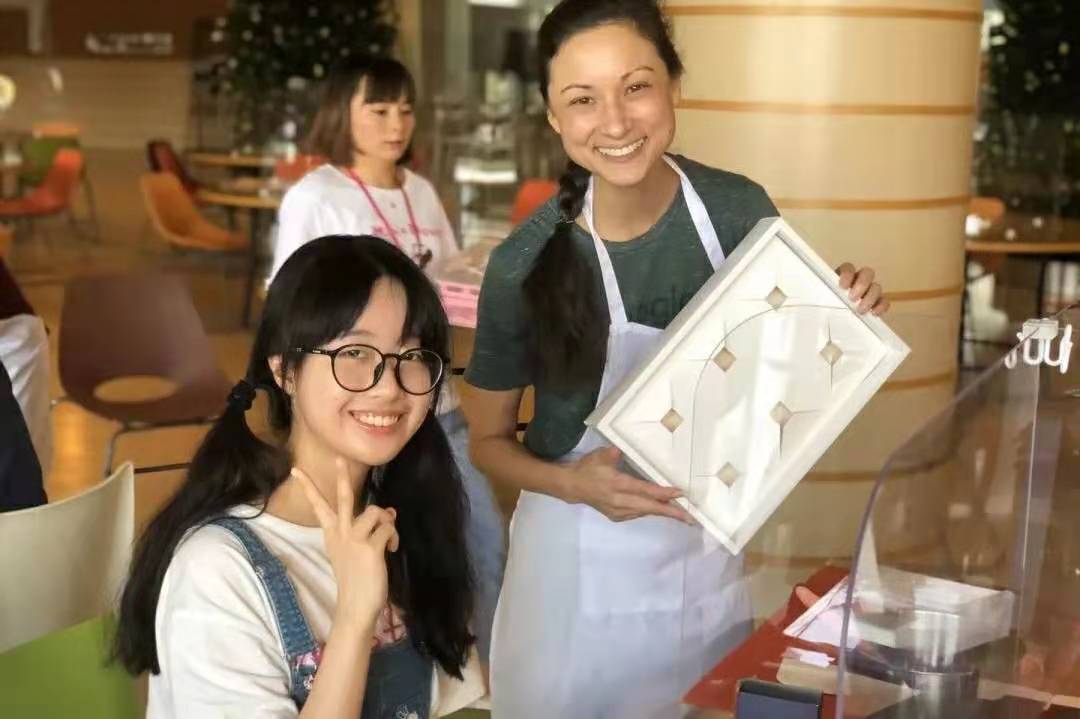
Before she came to China, Jessica states, she had no expectations about the country – she simply didn’t know what to expect. But, as she has settled in, she describes having found Chinese people both friendly and helpful, saying, “I think the school itself, the students, the city, the people that I’ve met, are just so welcoming and kind… I love YK Pao School.”
This article is part one of a series on foreign teacher’s experiences learning about Chinese culture and language during their time in China and at YK Pao School.